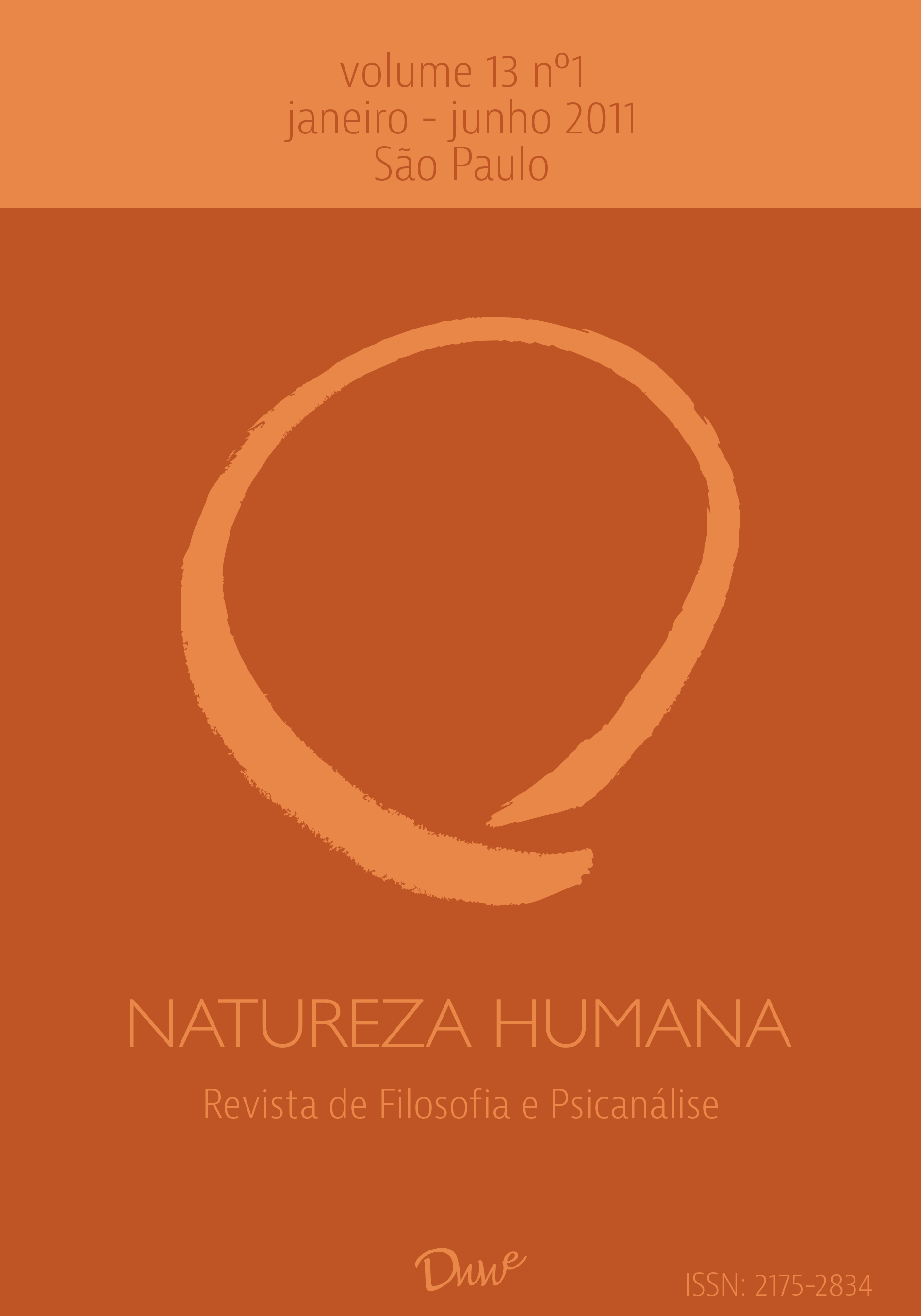The nous and the indication of factical life
DOI:
https://doi.org/10.59539/2175-2834-v13n1-974Keywords:
Natorp Report; nous; dianoetics virtues.Abstract
The notion of formal indication in Heidegger's thought assembles three basic elements in the perspective of meaning (Sinn): the subject (Gehalt), the relation (Bezug) and the actualization (Vollzug). In the perspective of philosophical concepts, these three elements articulate themselves as the apprehension of the world, in the phenomenological sense, with the goal of avoiding a theoretical look which arranges the beings in a form of generalization. Seen in these terms, the "Natorp Report" (Phenomenological Interpretations in Connection with Aristotle: an indication of the hermeneutical situation) provides an interpretation of factical life, since the perspective of the Aristotelian concepts. This article pretends to present in a provisory way the importance of the concept of nous, which has the character of openness and making-possible, as well as his actualization (Vollzug) in the modes articulated by discourse (logos). With this in mind, the article intends to demonstrate that Heideggerian's appropriation of Aristotelian philosophy is determined by the "referring-prohibitive" and "reversing-transforming" functions.Downloads
Published
2024-10-02 — Updated on 2011-10-02
How to Cite
Wu, R. (2011). The nous and the indication of factical life. Human Nature - International Philosophy and Psychology Review, 13(1), 102–116. https://doi.org/10.59539/2175-2834-v13n1-974
Issue
Section
Artigos








